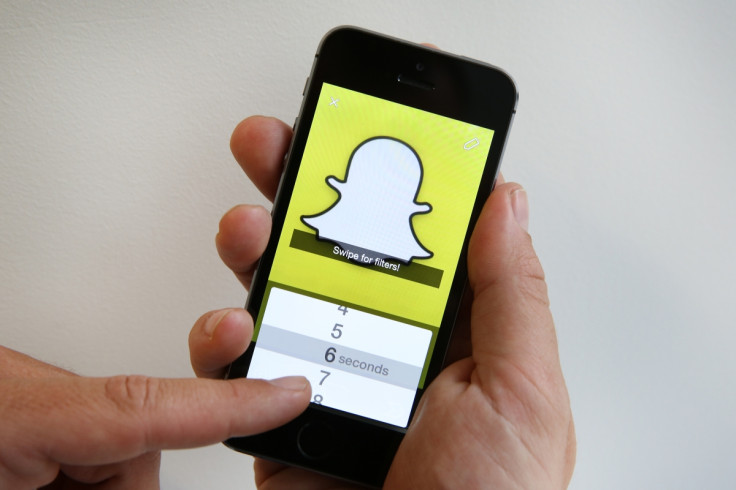Snapchat policy change means it now owns the rights to all your nude photos forever

Snapchat has updated its privacy policy to allow it to view and publish any image that a user sends over the self-destruct messaging app, forever. The new terms state that while Snapchat users retain ownership rights to whatever content they choose to share over the messaging app, by deciding to use the service, they are hereby granting Snapchat a perpetual licence to view, host, publish, display, promote and adapt the content in any way the app chooses to do so.
Not only that, but the privacy policy also states that by sharing your content on the service, you are also granting Snapchat permission to use your name, likeness and voice anywhere in the world, with no restrictions, on all media and distribution channels, forever.
On top of that, Snapchat's new terms also give it the right to access, review, screen and delete any user's content "any time and for any reason", including if the service feels that the content is violating Snapchat's terms and conditions.
So if you value your privacy, now might be a good time to stop using Snapchat, as the terms basically mean that one day you could appear on Snapchat's promotional material, on its website or even its social media accounts.
The controversial rise of Snapchat
In May 2014, the US Federal Trade Commission (FTC) caught Snapchat misrepresenting its services, as the app had been billed as a private photo and video sharing app that allowed users to send each other content that would self-destruct and be deleted up to 10 seconds after it is viewed.
Snapchat claimed that all the content was automatically deleted from its servers as soon as the 10 seconds were up, and this belief led to a rise in "sexting" – where people send each other nude or sexually explicit images, and feel confident that the images will never see the light of day once they self-destruct.
However, Snapchat admitted to the FTC that in fact the images are never actually truly deleted from a user's device, and it is actually possible to recover the images, and settled the charges with the FTC.
Then five months later in October 2014, a third party app was hacked in an incident widely referred to as "The Snapppening" leading to thousands of images and videos being leaked onto Reddit and 4chan.
© Copyright IBTimes 2025. All rights reserved.






















